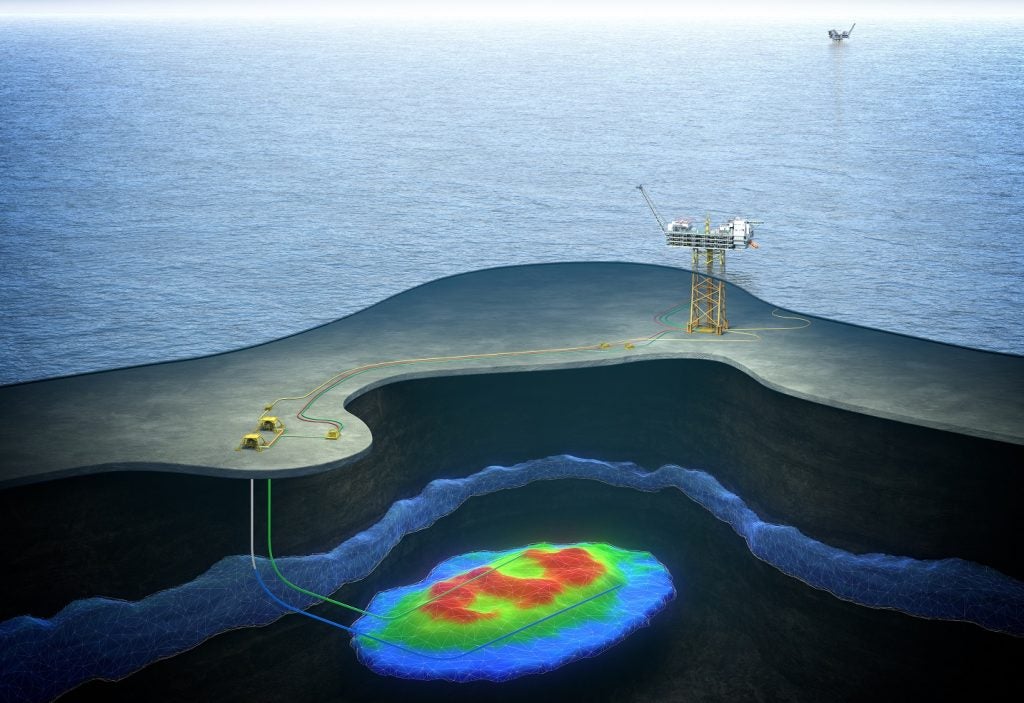

With the recent Wood Review about to be unveiled we look at the benefits it could bring to the economic recovery of the UK, as well as finding out more about the contractors and suppliers that are being asked to bear part of a pollution risk.
In the latest issue, we also find out about the importance of locating new reserves for the oil and gas industry and analyse the potential advantages of the new fibre-optic technology that BP has invested in.
Moreover, we profile the international skills pool and talk to experts about the rigorous offshore oil and gas programmes that are available, and what new recruits can expect from their training.
Click here to read your free copy.
See Also:
In this issue
The North Sea
As the Wood Review prepares its final report on maximizing the UK’s economic recovery from the North Sea oil & gas sector, Chris Lo looks at the benefits it could bring.
Click here to read more.
How well do you really know your competitors?
Access the most comprehensive Company Profiles on the market, powered by GlobalData. Save hours of research. Gain competitive edge.

Thank you!
Your download email will arrive shortly
Not ready to buy yet? Download a free sample
We are confident about the unique quality of our Company Profiles. However, we want you to make the most beneficial decision for your business, so we offer a free sample that you can download by submitting the below form
By GlobalDataGet Covered
Contractors and suppliers to the offshore industry are increasingly being asked to bear part of the pollution risk associated with their operations. Elly Earls met ACE Group’s Emma Bartolo and Gordon Scouller to find out more.
Click here to read more.
Diving Deeper
With hydrocarbons clearly set to remain in high demand into the future, Dr Gareth Evans investigates why the oil and gas industry faces an ongoing need to find new reserves.
Click here to read more.
A New Vision
Last year, BP announced that it was investing in a new fibre-optic sensing technology that can monitor the entire length of an oil well in real time. Ross Davies reports on its potential advantages.
Click here to read more.
The Skills Gap
As oil prices remain high and offshore oil and gas activities continue to grow, what does the international skills pool look like? Heidi Vella gets the inside track from industry experts.
Click here to read more.
The Deep Sea
Offshore oil and gas training programmes take trainees from the classroom to underwater diving training and helicopter evacuation drills. Frances Marcellin spoke to training experts to find out exactly what new recruits can expect.
Click here to read more.
Next issue preview
The Indian government is working hard to boost the country’s domestic oil and gas supply and reduce dependence on imports. We look into new projects in Indian waters as well as the participation of Indian NOCs in foreign projects.
Also, we investigate both sides of the debate over the 1975 US ban on crude exports, profile the life of a fire safety officer on an offshore oil rig and take a look at the world’s first distributed acoustic sensing (DAS) system that can operate in the marine environment for the offshore oil and gas industry. Moreover, we ask could CO2 storage become a common fixture in offshore operations and profile the heavy crude oil field, Papa Terra, Campos Basin, Brazil.
Look out for our Exploration Special Issue which will be out on 13 March.
Sign up for your free subscription to get each future issue delivered directly to your inbox.
Digital Magazine FAQ
The digital magazine is viewable on any computer with Flash Player installed. It is also viewable on mobile devices, iPhones and iPads, although some features and videos may be disabled.




